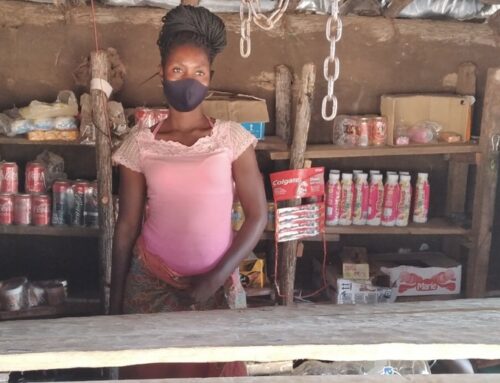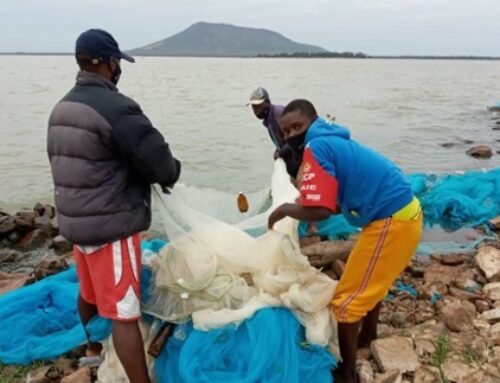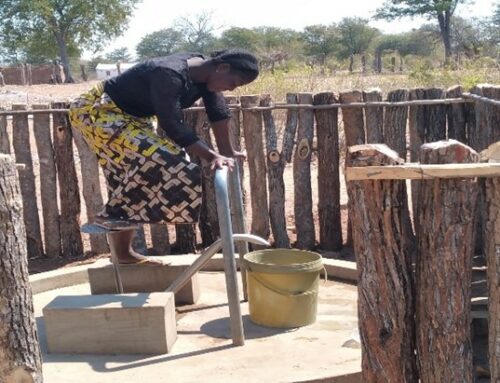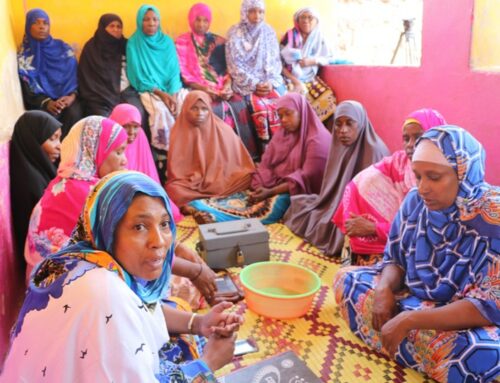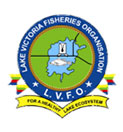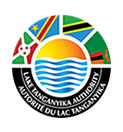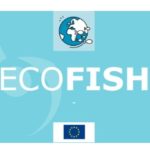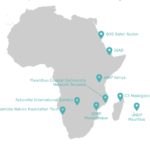Adam Mohammed is a senior fisherman from Dongonab community – which lies on the northern coast of the Red Sea, Sudan – who manages three fishing boats. Here is the story of how the ECOFISH Program has completely changed the course of his life.
Today, Adam Mohammed can proudly catch about 500 kg of fish per trip with 35 other young fishermen. With a yield of about 2000 kg per month, he can easily sell his catches at an average of 4000-5000 SDG/kg at Port Sudan’s main fish market.
“We could not hope for a better livelihood. Thanks to such great income, we can send our kids back to school instead of asking them to support the family,” he muses.
Setting hopes on an enhanced livelihood
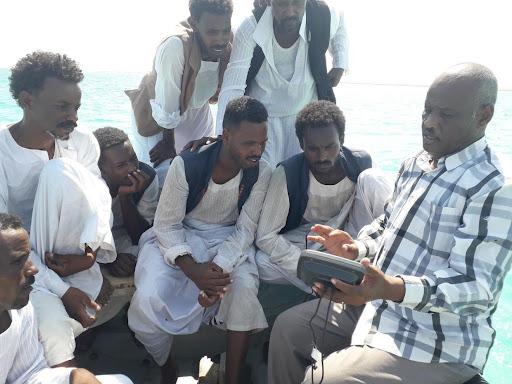 Predominantly nomads – called Beja – and traditionally pastoralists and agro-pastoralists, the fishing communities of Red Sea State, Sudan, have always lived in poverty, with little opportunity for employment or savings, and limited access to micro-finance.
Predominantly nomads – called Beja – and traditionally pastoralists and agro-pastoralists, the fishing communities of Red Sea State, Sudan, have always lived in poverty, with little opportunity for employment or savings, and limited access to micro-finance.
While most of them were small-scale farmers and herders, these communities have only recently turned to fishing as a major livelihood support. Indeed, the past generations have been witnessing an increasing desertification of the land, making traditional subsistence activities less viable.
Brilliant initiatives…
This sad reality has fortunately changed. Funded by the European Union within the framework of the ECOFISH Program, SOS Sahel Sudan – a local non-governmental organisation – has supported the artisan fishermen of the northern coast of the Red Sea, Sudan.
In order to improve their living standard, they offered the fishers adequate fishing gear, including fishing lines, nets, ice boxes, and technologies such as Finders and GPS, in addition to safety equipment.
Furthermore, the project provided tailored technical training on how to fish properly. They were also taught the preparation of a simple ice slurry, along with proper icing techniques and fish aggregating devices.
… Glimmer of hope!
Over the last two years, the ECOFISH program has been able to significantly improve the livelihoods of the artisanal fishermen of the Northern Red Sea Coast. They are now better equipped to contribute to the economy, and their income has noticeably increased! Nevertheless, Adam Mohammed, underlines:
“There are still several challenges that need to be tackled… Costly transport and fuel prices, for instance, along with limited marketing opportunities affect the net profits.”
With such an encouraging path, we can only hope for a brighter future!
